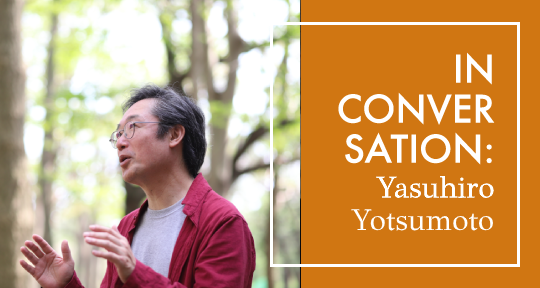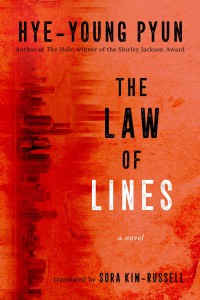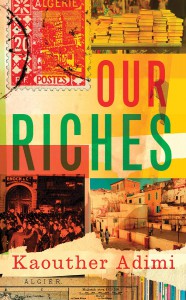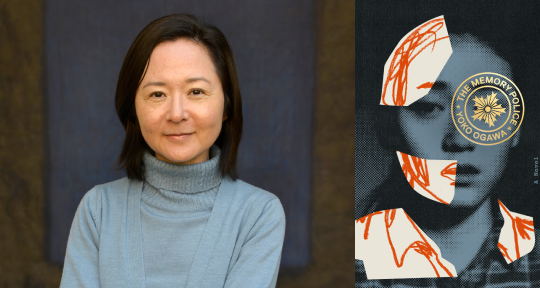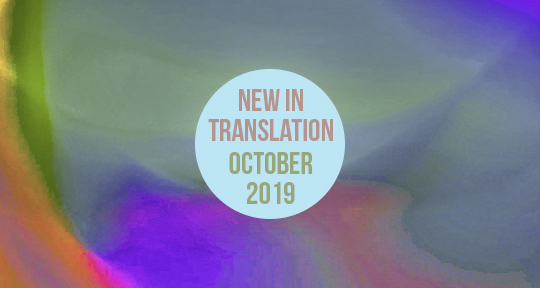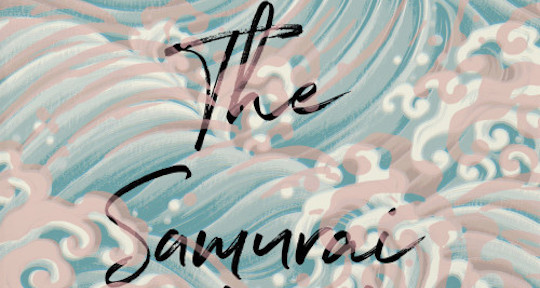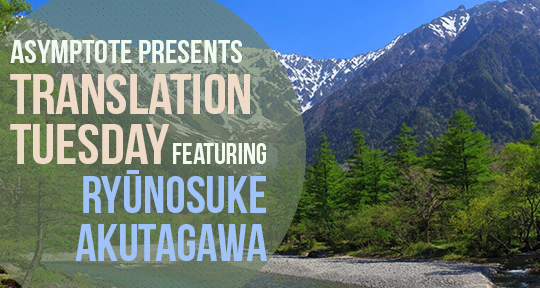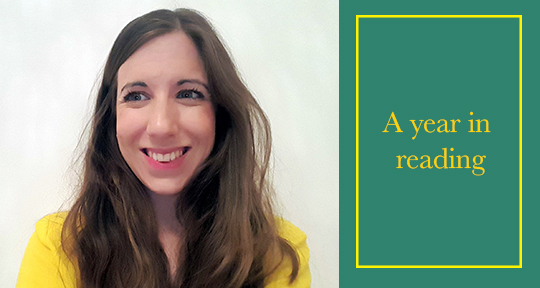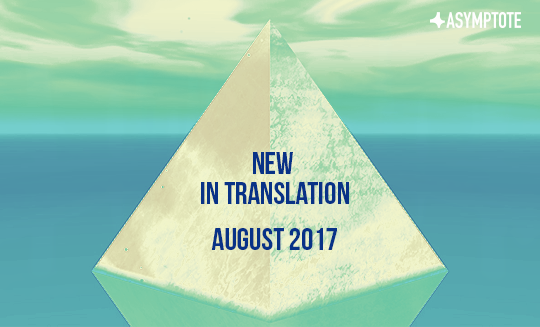The life and work of poet Yasuhiro Yotsumoto is a testament to the conviction and omnipresence of poetics, profuse in every aspect of human life. In nearly twenty volumes of poetry and criticism, he has interrogated, in verse and prose, the reality and abstractions of family, romance, corporate fiscal structuring, Japanese linguistics, culture both global and insular, a struggle against cancer, and, in doing so, has revealed something essential about poetry as it coheres with all other ideas and facts. Having displaced himself from Japan by the means of an extremely successful career in business—something he calls his “real” job, despite every indication in his manner of speaking that he considers it a mere occupation—Yotsumoto has lived in Munich since 1994, and at the time of our meeting, has just begun a very tedious and significant transition back into Japanese daily life and society.
Despite meeting all the qualifications for a writer defined by (self-imposed) exile and exodus, Yotsumoto has cultivated a significant reputation in Japanese letters. As editor of the admired literary quarterly Beagle, host of the poetry podcast Poetry Talks, Japanese national editor of Poetry International, and diligent translator of poets ranging from Li Bo to Simon Armitage, he admitted casually, without any pretension or arrogance, that he is now considered somewhat of an insider (a word that he would go on to elaborate upon) within literary circles. We conversed in English, which he professed that he is able to “speak for about two hours, then the battery runs out and I start speaking nonsense.”
I met him on the very day the state of emergency—enforced within Japan due to the COVID-19 epidemic—was due to be lifted. In Yamashita Park, plentiful with roses and the bare shoulders and legs emblematic of spring-turning-summer, we ate ice cream cones overlooking the waters of Tokyo Bay. The conversation was peppered with his generous laughter, silences full of thought, and interruptions typical of the world, busy and vivid, brilliantly alive.
Xiao Yue Shan (XYS): It’s impressive to be able to balance—what I imagine to be—a very heavy workload on your day job with such a prolific poetry career.
Yasuiro Yotsumoto (YY): That’s right. I wouldn’t be able to do that if it was prose—novels, or something. But poetry is okay; I can finish it before breakfast every morning. And I write everyday.
XYS: I find that most Japanese writers have this very regulated schedule.
YY: Well, I always wanted to keep this balance. It was a challenge I put upon myself, the balance between “real life” and writing. And I made that conscious decision as I graduated from university, that I could take a very cultural job—copywriter, or something—but I somehow decided not to do that, and instead I pursued two separate worlds.
XYS: Mutually exclusive.
YY: Well, mutually exclusive in terms of lifestyle, but my first book was about corporate finance theory. I went to the University of Pennsylvania and got my MBA in corporate finance in my twenties, and I wrote a book of poetry by applying such theories of the Black-Scholes option model, etc., to describe Japanese society at that time—which was peaking economically, and everyone was sensing that the burst of the bubble was not so far away, yet we kept going and going and going. That was an overlap. So I had always been an outsider amongst Japanese poets; I live outside [of Japan], and I write about things that have never been touched before. I try to bring in this kind of prosaic, very banal, everyday subject into the domain of poetry. READ MORE…

